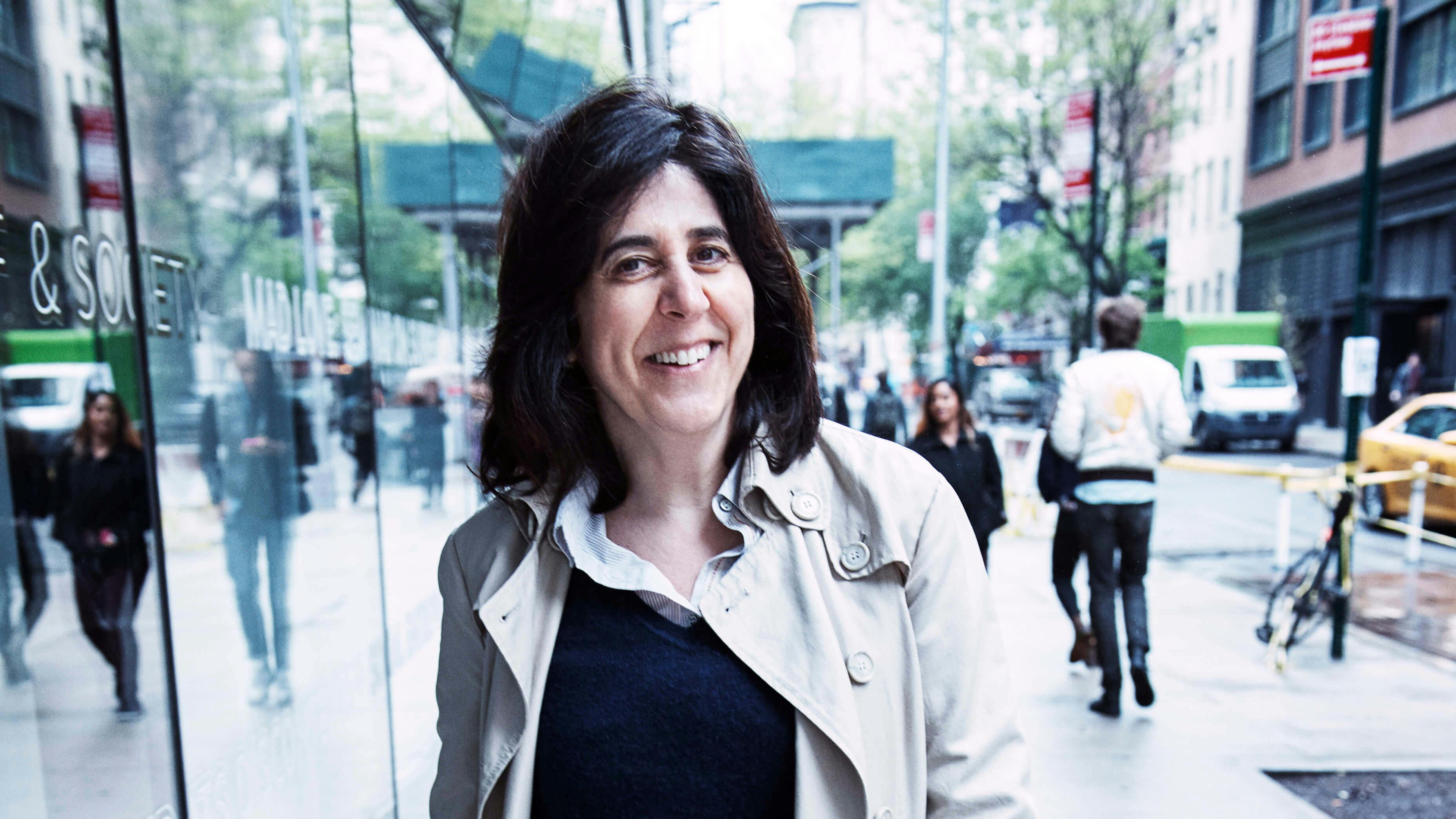
Dedicated to research that extends beyond the confines of a lab to reshape our society for the better, Miriam Steele is interested as much in influencing public policy as she is in helping patients and developing knowledge. Steele focuses on both the macro and the micro effects of complex phenomena like childhood trauma and maltreatment and women's negative attitudes toward their bodies, with the aim of ending cycles of abuse in families and the ripple effects of that abuse throughout society.
Steele's largest research project, called the Group Attachment Based Intervention (GABI), is designed to prevent child maltreatment among socially isolated families living in poverty with children ages zero to three. Conducted in partnership with Montefiore Hospital, the group meets three times a week. The group setting of the intervention is integral to the therapeutic process, as it gives the family members-many of whom have experienced trauma in their past, including physical, sexual, and emotional abuse- the opportunity to interact with like- minded peers in similar circumstances.
Built on a foundation of 25 years of research on intergenerational patterns of attachment, GABI has demonstrated that it can help end cycles of child maltreatment. Since the team at Montefiore works so closely with Steele's lab, students have the rare opportunity to become involved in the clinical work. By collecting assessments of the families, students refine interviewing and observational skills that are relevant to pursuing a career either within or outside academia after graduate school.
Another facet of Steele's research focuses on body representation and attachment, specifically mothers' feelings about their bodies and the way in which they transmit these feelings to their toddler daughters. Her research has shown that mothers with a history of secure attachment are able to give more coherent and reflective responses about their bodies than mothers who have insecure attachment states of mind. Steele also found that the toddler girls' responses to the sight of their own bodies in a mirror were predicted by their mothers' history of secure attachment. She hopes the findings from the study will reach policymakers and begin to influence the way girls are portrayed in the media, particularly within the mother-child relationship.
Steele uses her lab, which she co-directs with Professor Howard Steele, to get students involved in all levels of research. She often has PhD students supervise master's students, and master's students supervise undergraduate students, so that the exchange of knowledge isn't solely from professor to student but from peer to peer as well. Steele notes that the theoretically driven nature of the Psychology Department is best suited to students who want to challenge themselves to think beyond typical evidence-based clinical psychology to understand concepts at a deeper level.